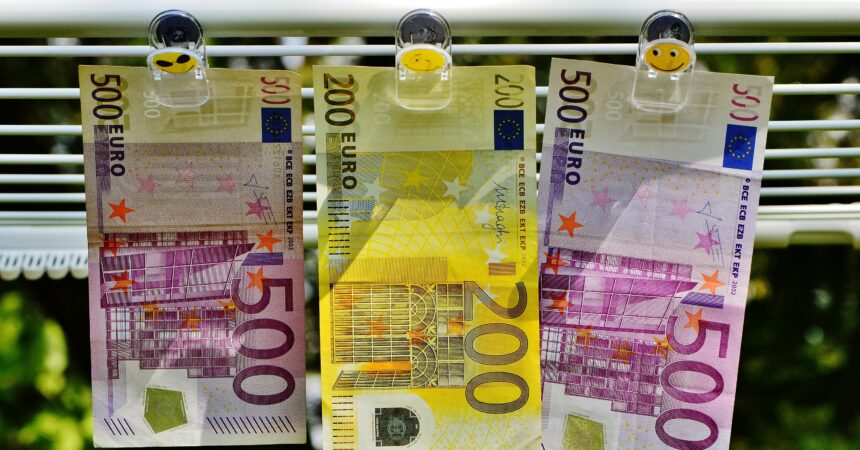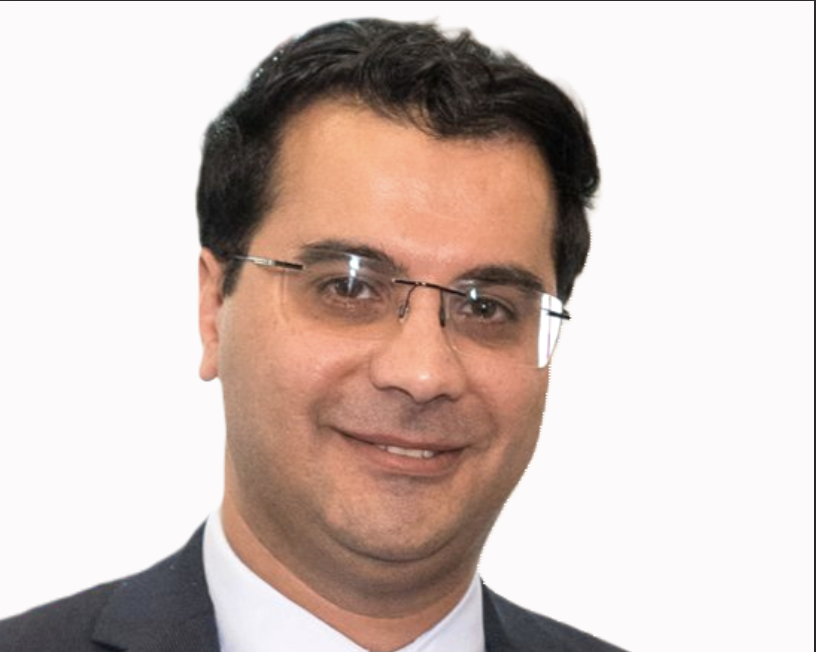A provisional agreement on a new anti-money laundering law that will step up checks and balances across multiple sectors, including cryptocurrency, while also giving journalists access to a beneficial ownership register, was agreed on by the Council of the European Union and European Parliament on Thursday.
The text aims to increase measures against fraud and money laundering while providing more transparency and accountability for citizens across the bloc.
Under the remit of the potential new law are luxury goods traders, football clubs and cryptocurrency companies such as exchanges, who will be required to carry out due diligence checks on all customers. This includes verifying facts and information about their customers and reporting suspicious activities.
The Council and Parliament also introduced enhanced due diligence measures for cross-border correspondent relationships for crypto-asset service providers. This comes after a 2021 legislative proposal that would see the transfer of crypto assets become more transparent and fully traceable.
The financial intelligence unit of each country will also have immediate and direct access to information on transfers of funds and cryptocurrency under the proposed new rules.
“It’s been decades that we’ve been dithering over the fight against money laundering and terrorist financing,” MEP and one of the lead negotiators on the file, Damien Carême, told reporters following the agreement, saying the new law would avoid loopholes that could be used by “oligarchs and traffickers”.
In addition, a threshold of €10,000 will come into force throughout all member states, with any cash transactions above this banned.
For the media, information on beneficial owners with more than a 25% share in a company will be available on a transparency register, a measure long called for by anti-corruption campaigners and media activists.
Now we have the same rules, a regulation which member states can’t change,” Eero Heinäluoma, a Finnish social democrat, said.
“This is a good day for EU citizens, taxpayers and businesses; a bad day for oligarchs, money launderers and terrorists,” he added.
Europe and its member states have been subject to countless money laundering scandals over recent years, while in 2021, Malta was ranked worst in the EU for money-laundering risks.
Malta was on the Financial Action Task Force grey list in 2022 for its failures in preventing money laundering, while other EU states, Croatia and Bulgaria, remain.
The proposed new legislation will “ensure that fraudsters, organised crime and terrorists will have no space left for legitimising their proceeds through the financial system,” said Belgian Finance Minister Vincent van Peteghem.
The rules are also expected to prevent member states from tailoring their own national laws to suit corruption involving politicians or those linked to governments.
In December, the Council and Parliament also agreed to establish a central body to crack down on money laundering and attempts to circumvent sanctions. Known as the Anti-Money Laundering Authority, it will work in coordination with national authorities in a supervisory role while also being able to hit culprits with fines.
It will oversee some 40 risky financial entities and supervise companies that allow people to trade and store crypto assets in another nod to the risk posed by such technologies.
‘Blockchain Island’
Under the remit of disgraced former prime minister Joseph Muscat, Malta tried to set itself up as the ‘Blockchain Island’, offering crypto companies hands-off regulation and favourable operating environments for several years before tougher measures kicked in.
A number of large crypto companies set up shop on the island, but almost all of them left as soon as the grace period was over. Some, like Binance, profited to the tune of billions in Malta but did not pay a cent of tax.
The former head of Binance, Changpeng Zhao, recently pled guilty to money laundering offences in the US, settling with a $4.3 billion fine.
Another crypto entrepreneur, Faruk Fatih Ozer, the founder of Thodex exchange, is now serving over 11,000 years in Turkish prison for fraud and money laundering, also stashed some of his ill-gotten gains in Malta.
Malta is also known for issues with money laundering in its iGaming sector, especially involving Sicilian companies linked to the Mafia.
The texts will now be finalised and presented to member states’ representatives in the Committee of permanent representatives and the European Parliament for approval.
If approved, the Council and the Parliament will have to formally adopt the texts, after which they will enter into force.














laws are words that fly if they are not applied by states, like Malta which does not apply any laws and the whole world knows that money laundering and corruption are at very high levels here, but Europe is comfortable with this for the moment…